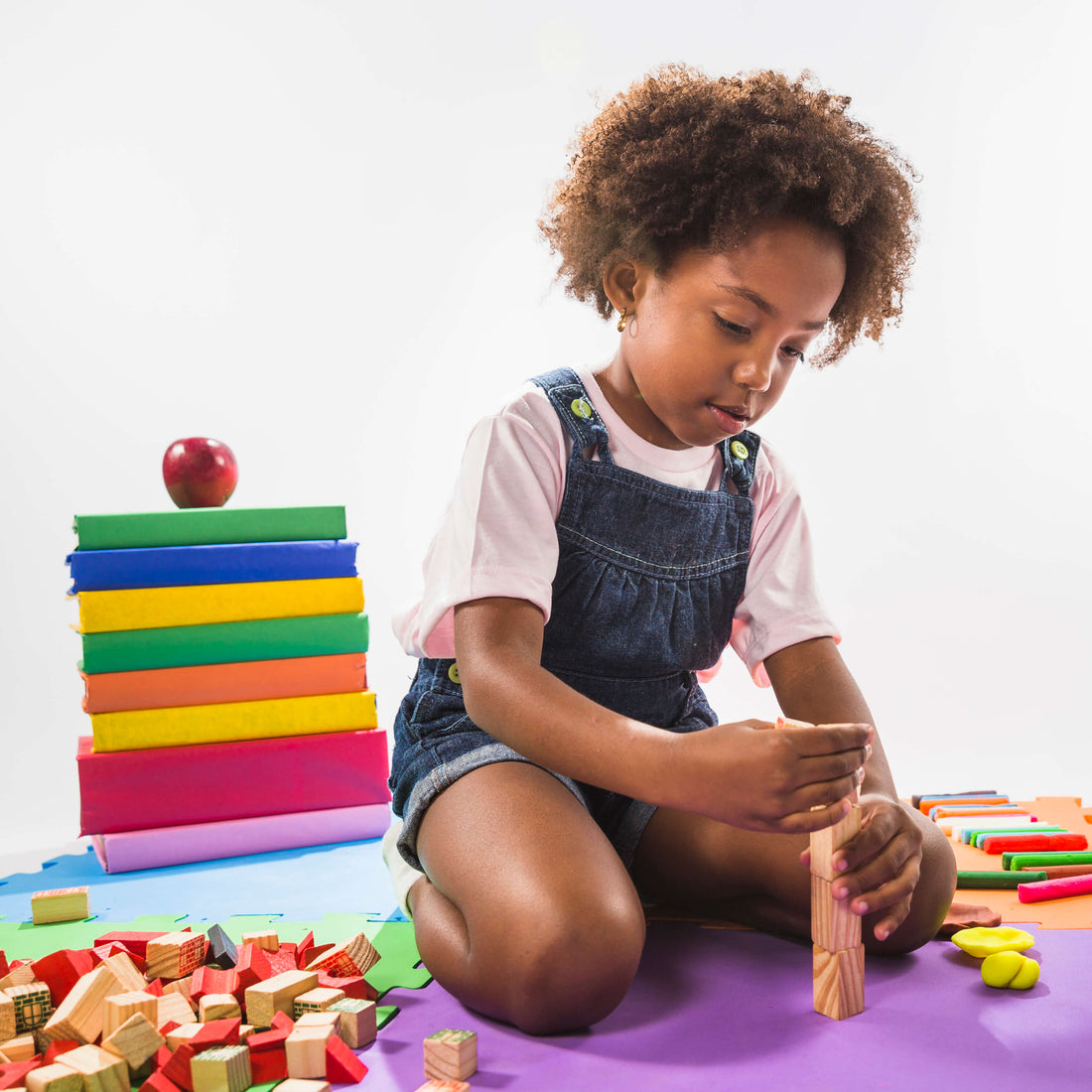Playing with toys offers numerous benefits for kids. Here are some of the key advantages:
1. Cognitive Development: Playing with toys stimulates children's cognitive abilities and promotes various aspects of brain development. It enhances problem-solving skills, spatial awareness, logical thinking, and creativity. Toys often require kids to use their imagination and develop strategies, fostering critical thinking abilities.
2. Motor Skills Development: Manipulating and playing with toys helps children develop their fine and gross motor skills. Actions such as grasping, stacking, building, and controlling toy vehicles enhance hand-eye coordination, dexterity, and muscle strength.
3. Social and Emotional Development: Toys provide opportunities for social interaction, cooperative play, and emotional expression. Playing with peers or siblings helps children learn to share, take turns, negotiate, and collaborate. It also allows them to express their emotions, learn empathy, and develop social skills.
4. Language and Communication Skills: Playing with toys encourages language development and communication. Kids often engage in pretend play, creating scenarios and narratives, which promotes storytelling and vocabulary expansion. It also enhances their ability to express thoughts, emotions, and ideas verbally.
5. Imagination and Creativity: Toys fuel imagination and creativity by offering open-ended play possibilities. Whether it's building blocks, dolls, or art supplies, toys inspire kids to invent stories, explore different roles, and think creatively. Such play nurtures originality, problem-solving, and innovation.
6. Emotional Outlet and Stress Relief: Playing with toys provides a healthy outlet for emotional expression and stress relief. Children can act out their feelings, reenact real-life situations, or create imaginary scenarios to process emotions and alleviate stress or anxiety.
7. Self-Expression and Identity Development: Toys allow children to express their individuality, interests, and preferences. By selecting and engaging with specific toys, kids develop a sense of identity, explore personal likes and dislikes, and establish a sense of autonomy.
8. Cultural and Social Understanding: Toys can represent diverse cultures, backgrounds, and experiences. Playing with toys that reflect different traditions, ethnicities, and perspectives helps children develop an understanding and appreciation for diversity, promoting inclusivity and empathy.
9. Confidence and Self-esteem: Successfully playing with toys, solving puzzles, or achieving goals can boost a child's confidence and self-esteem. As they master new skills or overcome challenges during play, they develop a sense of competence and accomplishment.
10. Fun and Enjoyment: Above all, playing with toys is an enjoyable and fun experience for children. It allows them to unwind, engage in activities they love, and experience pure joy. Playtime is essential for their overall well-being and happiness.
Encouraging children to engage in diverse types of play and providing them with a variety of toys fosters holistic development and supports their emotional, social, cognitive, and physical growth.

